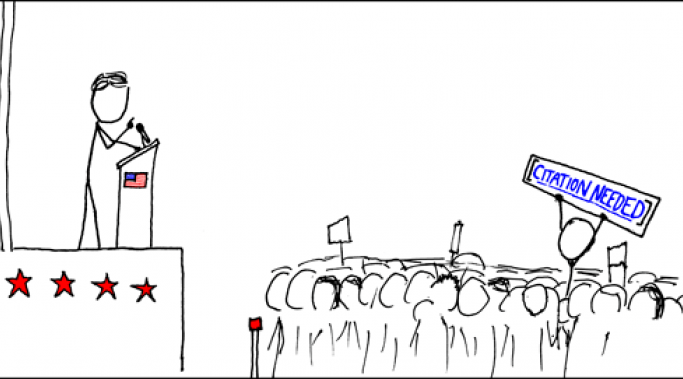Blogs
Hello, my name is Dan Hoeweler, and thank you for visiting my blog, Creative Schizophrenia. The purpose of this blog is to help bring hope to those whose lives have been touched by schizophrenia and create a further understanding of one of the most stigmatized and misunderstood of all mental illnesses.
Everyone has a story about a couple they know who've argued openly on Facebook. Or the person who was ostracized by their followers on Twitter. Online social networks can bring out the worst in public behavior for some people, spurred on by anonymity and groupthink. The average person might be plagued by the public nature of social networks. However, when you have a mental illness, particularly one with a component of anxiety, tools like Twitter and Facebook can become breeding grounds for obsessive behavior.
Quarter-end parent/teacher conferences were last week, and after meeting with Bob's teacher and reviewing his report card, I'm convinced an IEP is the right direction to take.
Following on from last week's article on why to disclose an anxiety disorder, I thought I’d say a little about when to disclose an anxiety because it is, perhaps, as important as why. I’d been talking about the necessary value of revealing secrets in recovering from a mental health issue. In discussing that, Holly Gray, HealthyPlace’s recently-retired Dissociative Living blogger, mentioned that doing so doesn’t mean giving up one’s right to privacy.
This isn’t gossip, it’s your life.
Have you watched the movie Gas Light with Ingrid Bergman? In the movie, a woman's lover slowly but surely causes her think she is insane. The movie title lends itself to a type of emotional abuse called gaslighting. Gaslighting occurs when someone persuades you to "believe the unbelievable" despite your instinct's whispers of "Something is not right here..."
I live in a small town, and it was very noticeable when I first developed anorexia four years ago. The roller coaster of recovery and relapse also has been very noticeable, and each time I find myself having to explain either weight loss or weight gain. It's frustrating because I am more than my eating disorder.
The curtains are drawn, blocking the mid-day sun on what should be a normal work day. I’m lying in bed now, covers pulled tightly to my chest. The bed has become my haven. My mind races with terrible thoughts. I’m not sure I can do this. My stomach churns with anxiety, my eyes well up, but there are no tears. They won’t come.
I write this to you from Disneyland, where over 1,000 dedicated psychiatric nurses are passing up on Mickey and Goofy in order to become inspired, educated, and even better than they already are at their jobs. Thank you, members of the American Psychiatric Nurses Association, for wanting to help people like my son Ben as he struggles with schizophrenia.
[caption id="attachment_384" align="alignleft" width="170" caption="for attendees at APNA Conference"][/caption]
Tomorrow morning I will tell our family story at a "Product Theatre" breakfast meeting, along with an amazing nurse who shares this vision: together we will advocate for the value of teamwork between providers, caregivers, and those with the "life experience" of a mental illness diagnosis. I can't wait.
"Life is pain, highness. Anyone who says differently is selling something." ~The Princess Bride
Life is pain. Or, at least, it can be. I've found that during severe episodes every breath, is, in fact, pain. There is nothing else. Just pain or unconsciousness. I prefer unconsciousness.
Amanda_HP
Living with depression, major depression, the most severe kind of depression may best be described as a lonely, isolating, hopeless existence. Left untreated, it can lead a person to take desperate measures - anything to escape one more hour, one more day of feeling "like this."








